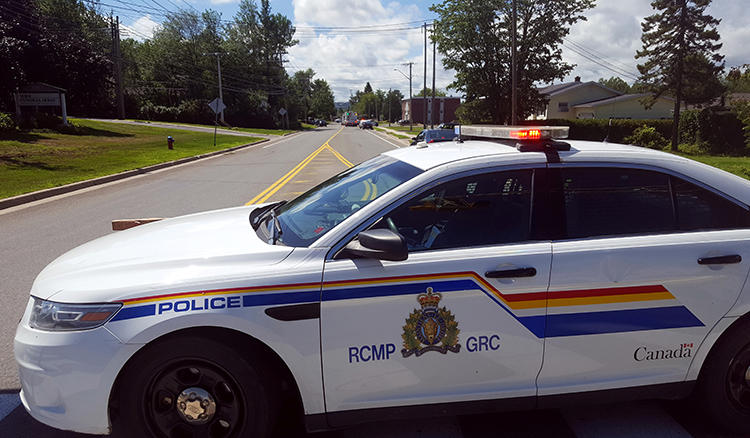On July 4, 2019, Vice Media exhausted its legal options to resist a demand from Canadian authorities to turn over chat logs between one of its reporters, Ben Makuch, and his source, Farah Shirdon, a Somali-Canadian man who allegedly joined the Islamic State militant group, and gave the logs to police, according to Makuch, who spoke to CPJ by phone, and news reports.
Since 2015, the Royal Canadian Mounted Police have sought the chat logs as part of an anti-terror investigation, which Makuch and Vice fought up to the Canadian Supreme Court, which sided with the police in November 2018, as CPJ reported at the time.
Following the Supreme Court decision, Vice and Makuch argued that the request should be nullified because the U.S. military stated that Shirdon had died in Iraq, according to news reports. However, Ontario Superior Court Justice Breese Davies rejected that reasoning on July 4, saying that Canadian police were unable to independently confirm the U.S. military’s statement.
In the evening of July 4, Vice lawyers said they would turn over the chat logs, according to reports. Makuch confirmed to CPJ on July 10 that the logs had been turned over to authorities.
“The Canadian government has allowed the [Royal Canadian Mounted Police] to make journalists into an investigative arm of the police,” Makuch told CPJ after the July 4 verdict. “It’s not just about protecting sources, it’s about protecting the way we do our jobs.”
In a response to CPJ’s emailed request for comment, Royal Canadian Mounted Police spokesperson Corporal Caroline Duval said that the police force “respects the decision of court, which speaks for itself, and we continue to support a free press in Canada.”
During the November Supreme Court case, CPJ joined 11 other press freedom and media organizations to advocate on behalf of Makuch and Vice.
In the Supreme Court’s unanimous 9-0 judgement rejecting Vice Media’s appeal in November, the court stated that “the state’s interest in the investigation and prosecution of crime outweighed the media’s right to privacy in gathering and disseminating the news.” The judgement noted that Vice argued that the order would have a “chilling effect” on reporting on terrorism.
In addition to such legal action to compel journalists to divulge source information, Canadian police have also surveilled journalists, seized their computers, and fought against the use of digital encryption, according to CPJ research.
